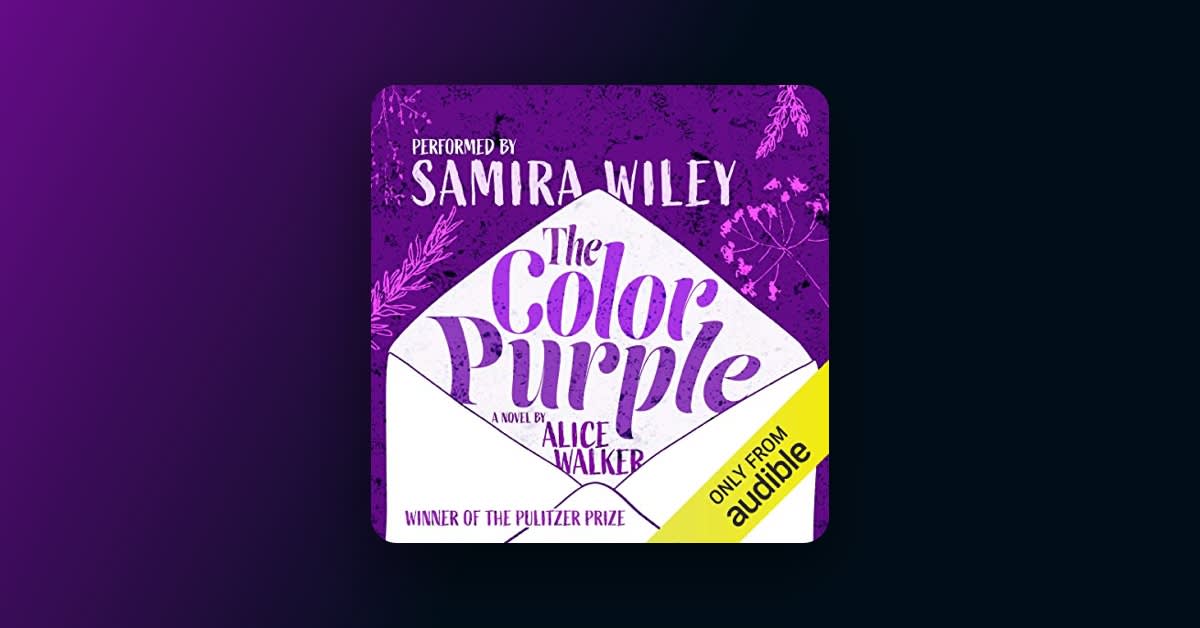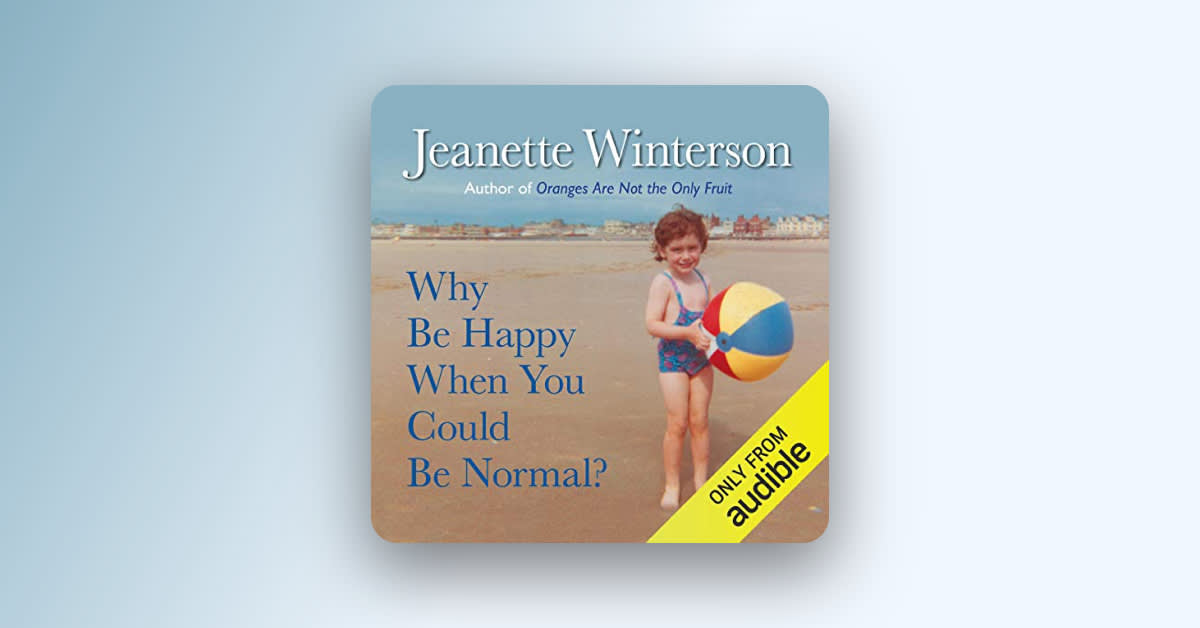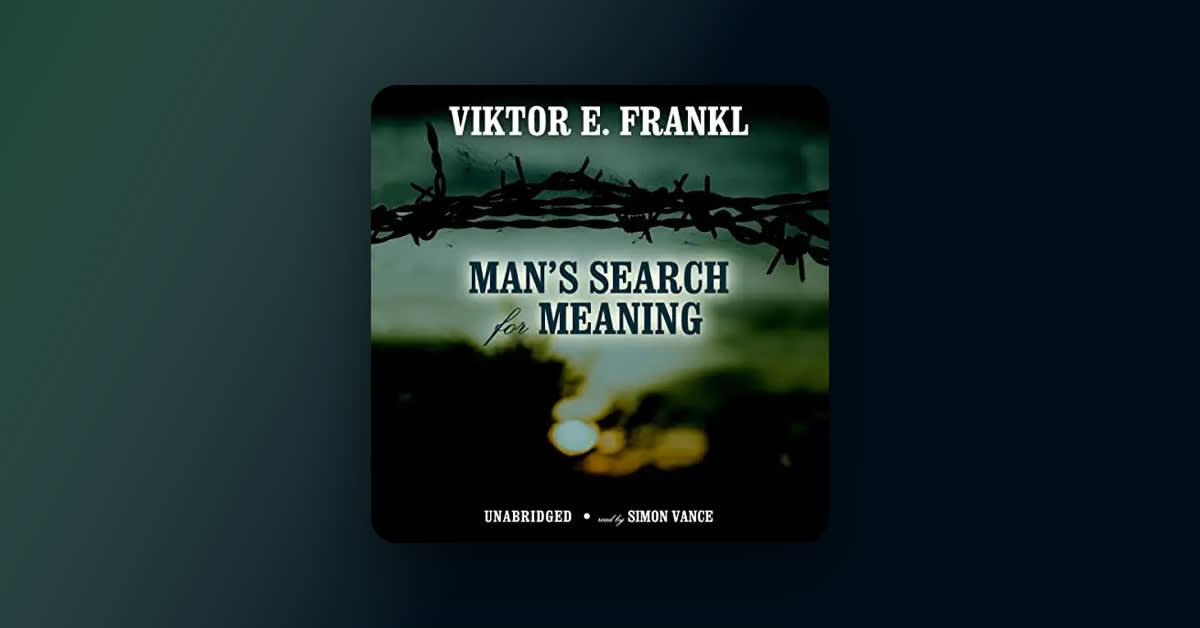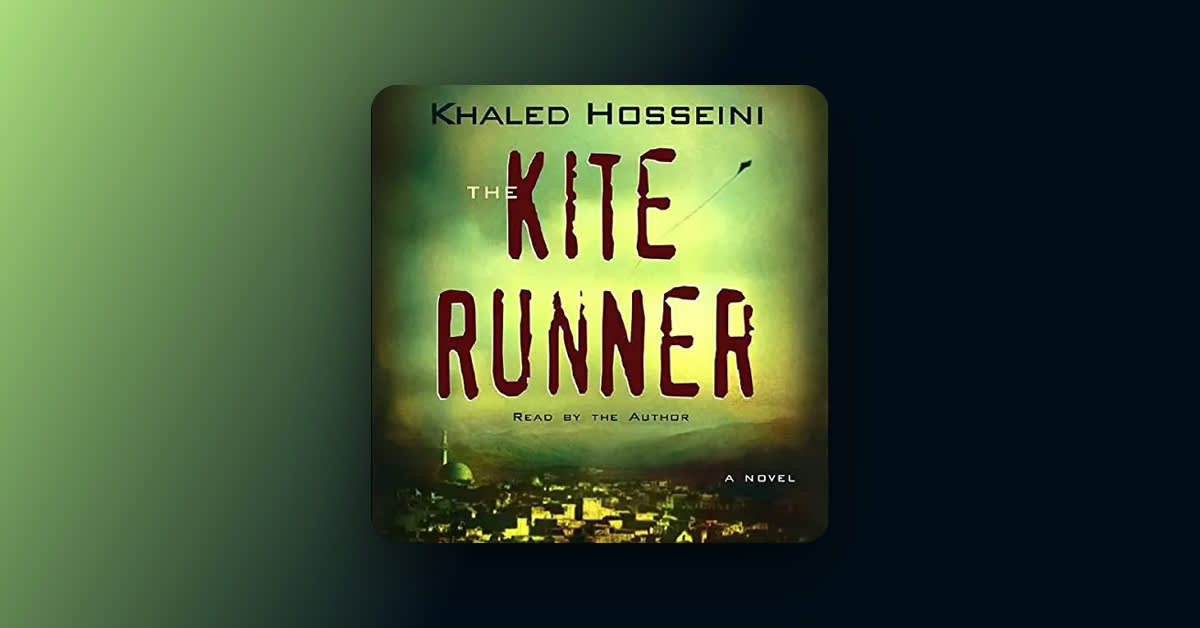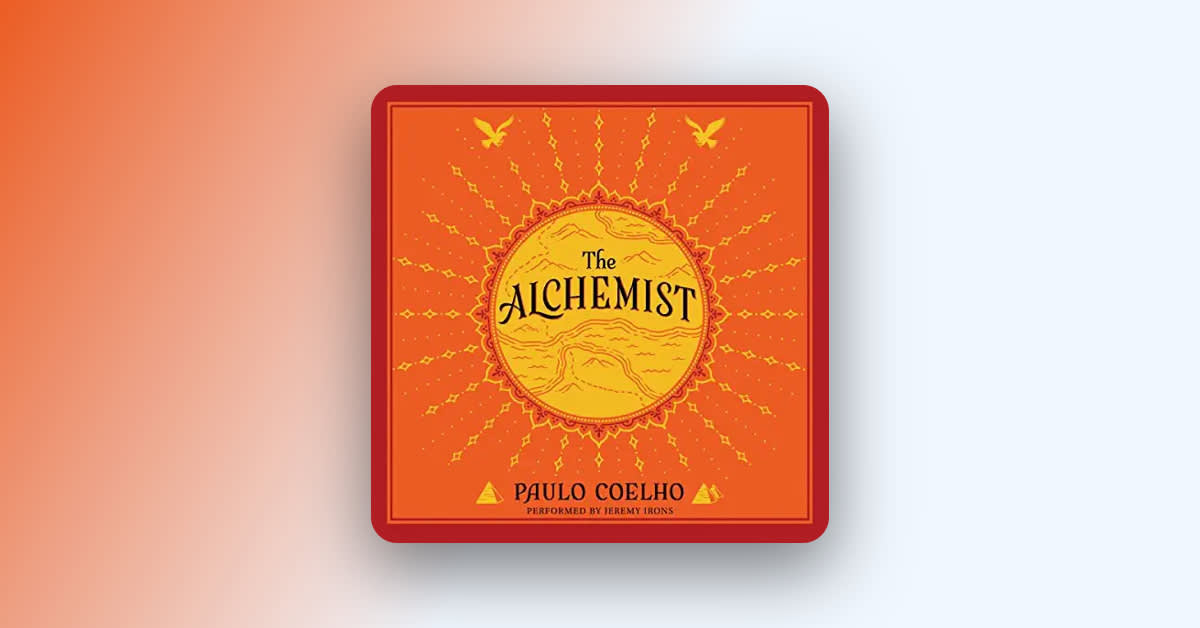Why it’s essential
’s 1982 epistolary novel about Celie, a resilient woman facing poverty, loss, and oppression in the Jim Crow South, won the Pulitzer Prize and inspired an acclaimed 1985 film, a Tony Award-winning musical, and a 2023 movie musical.
Featured in .
What is The Color Purple about?
Set in rural Georgia in the early 1900s, is the coming-of-age and awakening story of Celie, who has been abused—emotionally, physically, and sexually—throughout her life and gradually discovers the meaning of love and her own self-worth.
Editor’s review
Mysia is a book person who loves escaping into twisty mysteries and contemporary fiction driven by complicated characters.
The first time I read The Color Purple, I was in my 20s, single, living in New York City, and working as a book publicist. That was decades ago, and Alice Walker’s novel has stayed with me. Along with and , The Color Purple is at the top of my list of great American novels, and over the years, I’ve recommended it to many women, including my daughter, Lucero, who’s now close to the age I was when I fell in awe with it.
About a year ago, a friend of my daughter was assigned to write an essay on The Color Purple for a college class. So, I wasn’t surprised when Lucero told this young woman, whom I’ll call Gina, that I’d be thrilled to help her. Two days before the essay was due, Gina popped into my home office and dropped a bomb—she hadn’t read the book. But, she assured me, the essay didn’t have to be long or complicated—she just needed to know the main theme. "It’s about slavery, right?" Gina ventured. I started to explain that yes, at its core, The Color Purple is about slavery—specifically, the legacy of slavery on race relations in early 1900s Georgia—and being enslaved due to gender oppression, poverty, abuse, and intergenerational trauma. But it’s also about freedom and empowerment, a young Black woman’s awakening to sexuality, love, and her self-worth, and about sisterhood, loss, family, friendship, redemption, forgiveness, faith, religion, God, and Africa. "That’s a lot," Gina said. I suggested she ask for an extension on her assignment and gave her my paperback copy of the novel. And that was the last I heard from Gina on the subject.
